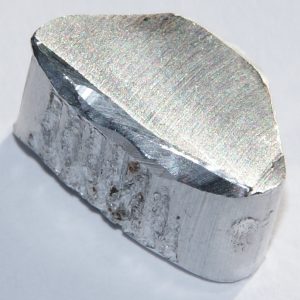
Is “you guys” no longer appropriate to use in our more enlightened gender-neutral speech? It has an undeniably male “twang” to it, that’s for sure. But how do modern English-speakers – especially female and non-binary folks – respond to that catch-all term used to conveniently and informally address a group of people in the absence of a genderless second person plural in standard English (which German-, Turkish- and Gaelic-speakers, among others, are lucky enough to have in their linguistic toolkits)?
Continue reading







